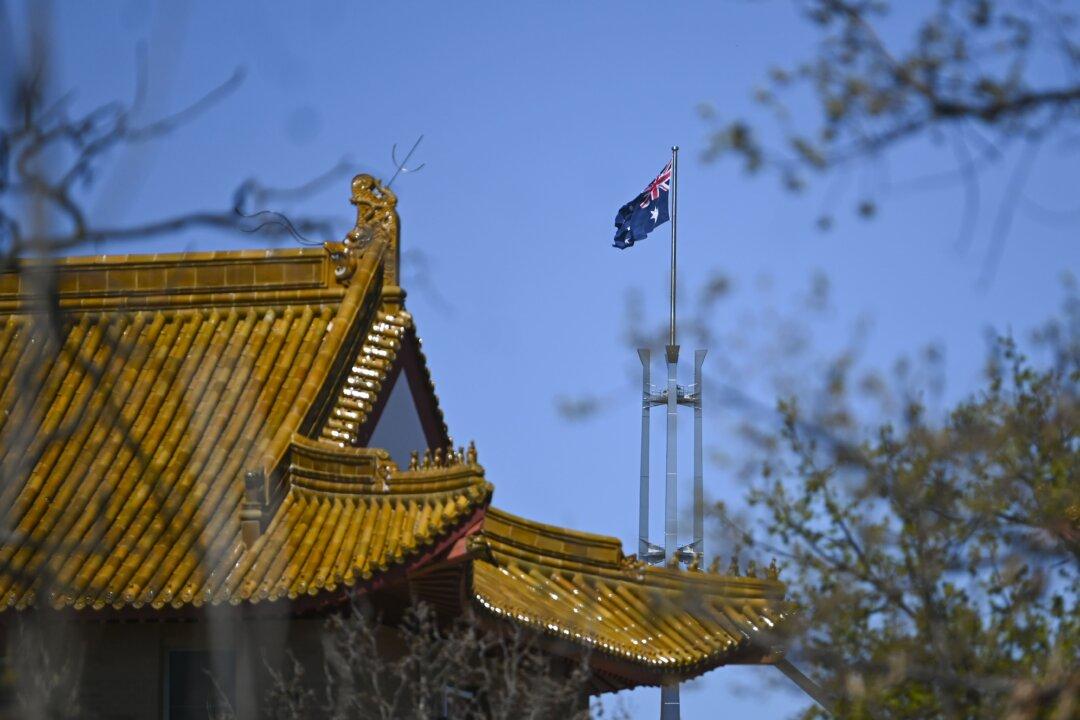Beijing’s new ambassador to Australia, Xiao Qian, has struck a conciliatory tone in his first official statement upon arrival to the country.
The former Chinese envoy to Indonesia landed on Jan. 26—Australia Day—saying he was on a “noble mission.”

Beijing’s new ambassador to Australia, Xiao Qian, has struck a conciliatory tone in his first official statement upon arrival to the country.
The former Chinese envoy to Indonesia landed on Jan. 26—Australia Day—saying he was on a “noble mission.”